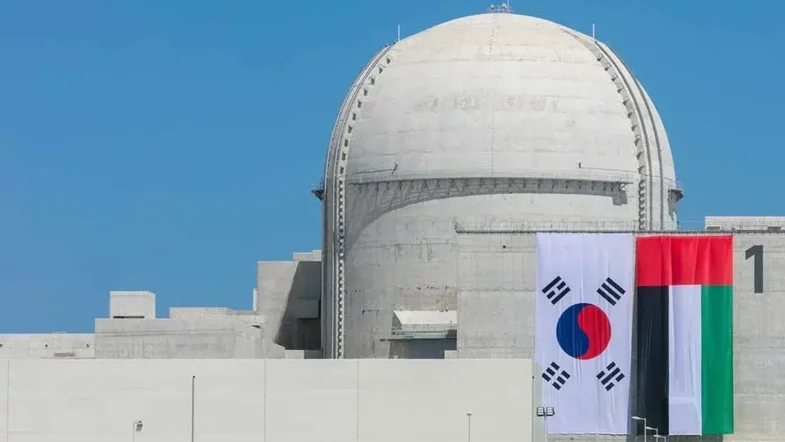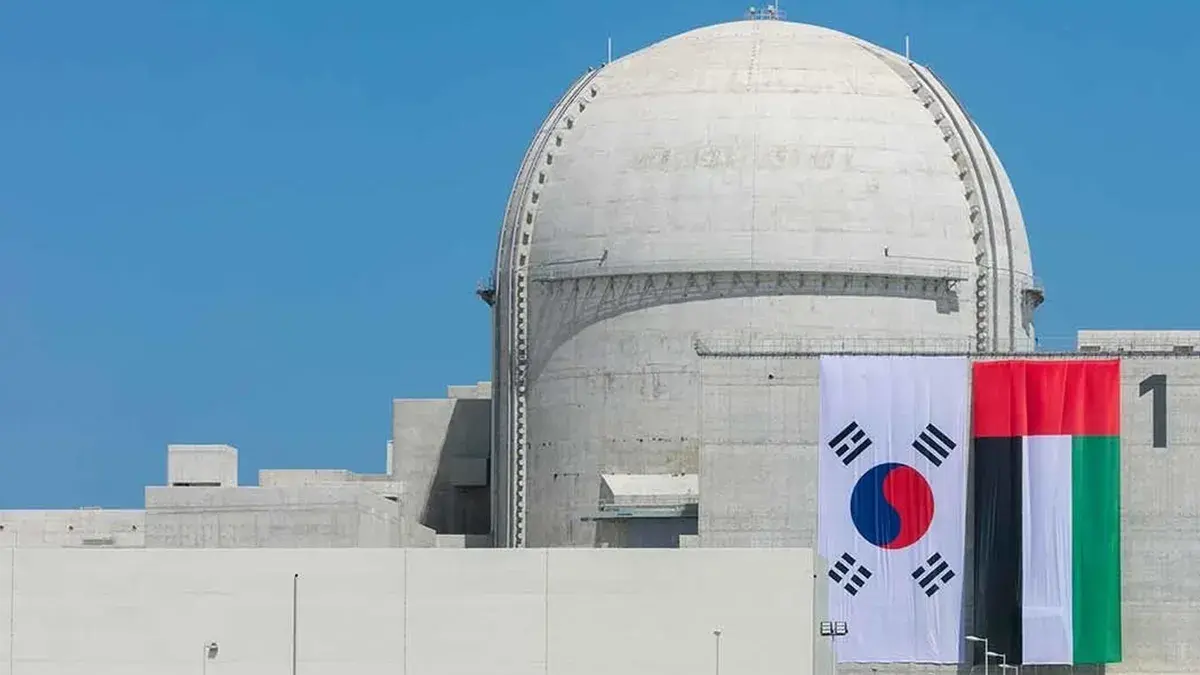The World Nuclear Association (WNA) reported that nuclear energy now provides about 25% of the world’s energy needs, according to Arab News.

The World Nuclear Association (WNA) reported that nuclear energy now provides about 25% of the world’s energy needs, according to Arab News. This astounding figure was made possible in part by the unit 3 of the South Korean APR-1400, or Korean Next Generation Reactor, at the United Arab Emirates (UAE) Barakah nuclear plant.
The reactor was put into service in October of last year, and the three reactors that are still running currently meet a sizeable portion of the UAE’s energy needs.
The WNA’s analysis revealed that for the sixth year running, the world’s reactors produced more than 2,500 terawatt hours of electricity.
The Barakah nuclear power plant, which is 230 kilometres (143 miles) west of Abu Dhabi, has been instrumental in making up for the decline in energy production in Europe. The invasion of Ukraine by Russia contributed to the decline.
Six reactors worldwide began producing power in 2022, with construction on eight more in China, Egypt, and Turkey. Nuclear energy production decreased by 100 TWh from the previous year, reaching 2,545 TWh.
“The turmoil in energy markets, which had started even before the current conflict in Ukraine sent fossil fuel prices sky high, has brought the issue of energy security to the fore, along with the increasingly urgent needs for rapid decarbonization to tackle climate change effectively, and the global sustainable development goal of providing access to affordable and clean energy for everyone,” said Sama Bilbao y León, director general of the WNA.
Significant occurrences in Europe were a major factor in this reduction. France’s generation was reduced by 81 TWh as a result of these incidents, which included various welding repairs and outages. Additionally, due to the conflict in Ukraine, all six nuclear power plant units at Zaporizhzhia were shut down at the end of 2021, along with three of Germany’s remaining six reactors.
Leon is arguing for the use of nuclear energy as a practical source of energy to help the world move away from fossil fuels. He feels that a thorough discussion of it ought to take place at the upcoming UN climate change conference in Dubai.
The only way for the nuclear industry to be taken seriously, according to León, is if it can articulate a clear picture of the crucial part that nuclear energy should play in the transition to a net-zero, clean energy future.
The first nuclear power plant in the UAE successfully connected Units 1 and 3 to the grid in August 2020, September 2021, and 2018 respectively.
In order to start operations later this year, Barakah 4 is currently undergoing its final operational readiness tests as of June. Once all units are operational, the plant is anticipated to meet 25% of the UAE’s electricity needs.
